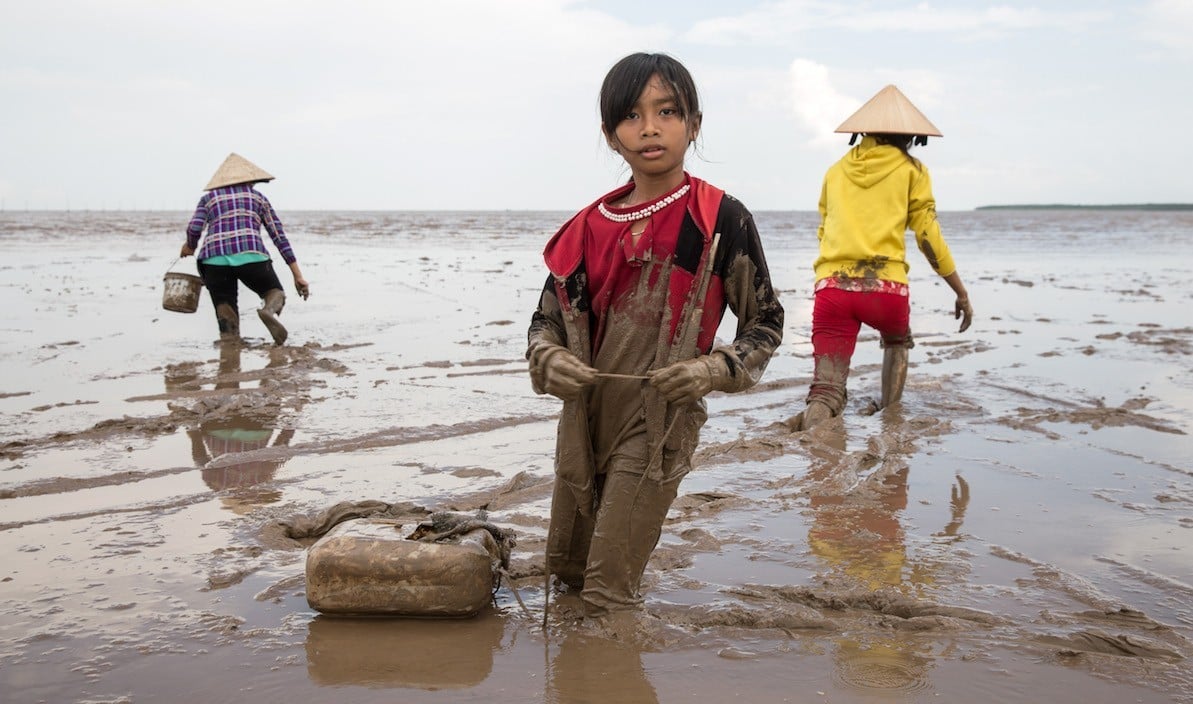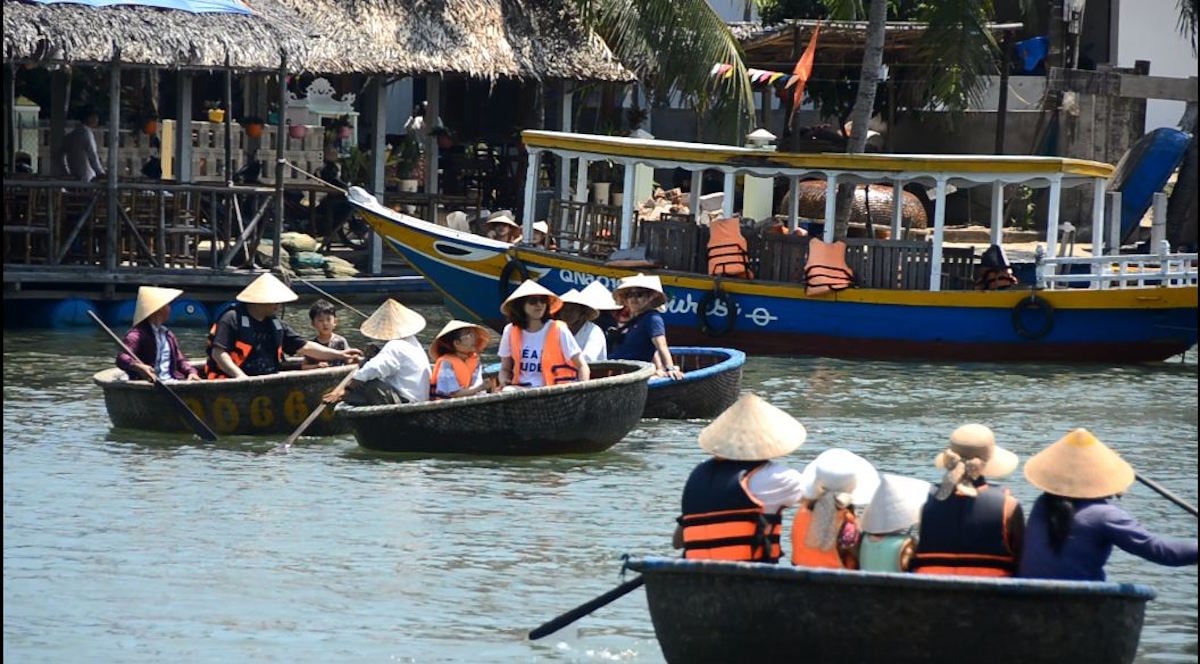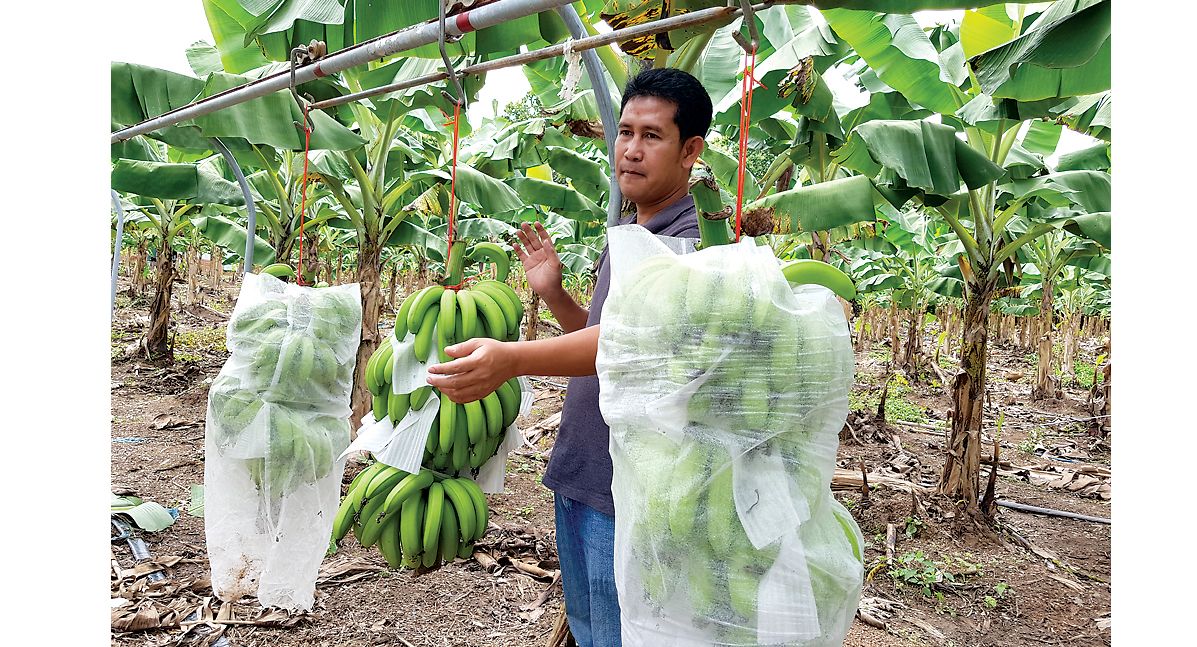Vietnam’s Mekong Delta is one of the world’s most at-risk areas from the effects of climate change, posing challenges both for its environment and population in years to come.
Local communities are affected by rising sea levels and the intrusion of salinity into farmland. More than half of Vietnam’s rice production, 70% of its aquaculture and one third of its GDP are generated in the Delta, which is home to 20 million people. Increasing salinization, an upsurge in global temperatures causing droughts and floods in the Mekong region, erratic seasonal weather variations, the destruction of coastal mangrove forests and the reduced flow of the Mekong River (a consequence of upriver dam projects) – poses significant threats to the future of Vietnam’s rice basket.
While long-term approaches and large foreign-funded implementation projects garner most of the spotlight, Vietnamese experts are leading the way in research and solutions at the local level.
Dr. Duong Van Ni from Can Tho University is one of those experts. To help both agricultural and shrimp farmers, he has developed a handheld plastic device that allows farmers to test salinity in the water before it reaches their rice paddy and shrimp ponds.
The simple instrument contains a small float. If this float rises to the top when water is poured into the device, its salt content is too high and could destroy their crop. If the float sinks, the water is safe. The farmers use text messages to relay their findings to a central database at at the university where the information is collected and used to warn other farmers in the area. Over the years this system has created a vital data set on the salinity of the Mekong Delta and has helped map the region’s worst affected areas.
In the past salty water seldom intruded more than 20 kilometers inland. But with rising sea levels research now suggests it is encroaching on average 80 kilometers. This is creating serious challenges for those living off the land. Countless people in the region have lost significant chunks of arable land or have become victims of powerful typhoons.
Dr. Ni isn’t the only one concerned enough to focus on trying to help with mitigation of and adaptation to environmental changes. Others work tirelessly to stress the Delta’s importance and to find out what needs to be done to protect it.











During his decades of work he had visited thousands of families across the Delta to gain knowledge as to each of their individual farming issues.


Firstly, the visible rises in sea level and temperature have caused changes in the lagoon’s natural flooding process. Normally, the lagoon is influenced by daily tidal effects and during the high tide adult marine life like fish and crabs from the sea migrate to hunt in lagoon. But during the low tide, larvae and juveniles are born and grown making it a perfect sanctuary for many marine species. However, in recent years, local farmers have witnessed more frequent flooding in the lagoon meaning that the high tide is increasingly high, leaving little space for a tidal mud flat where baby shrimp and crab can grow.

























